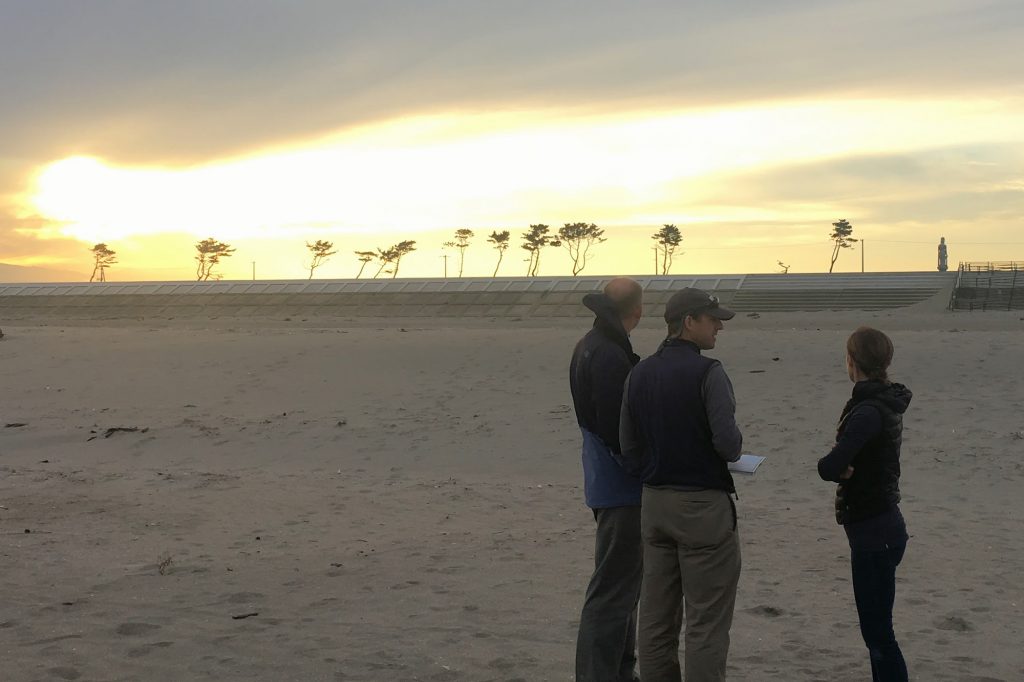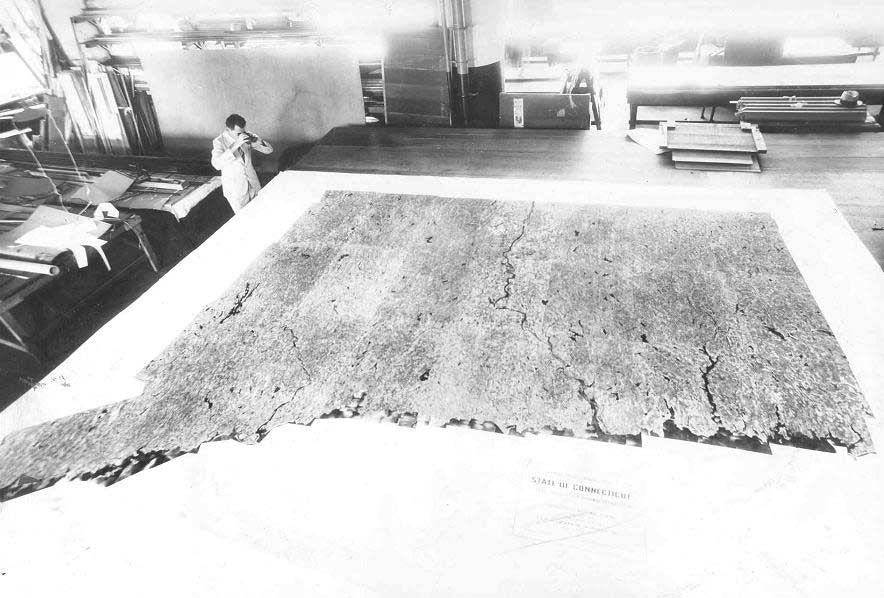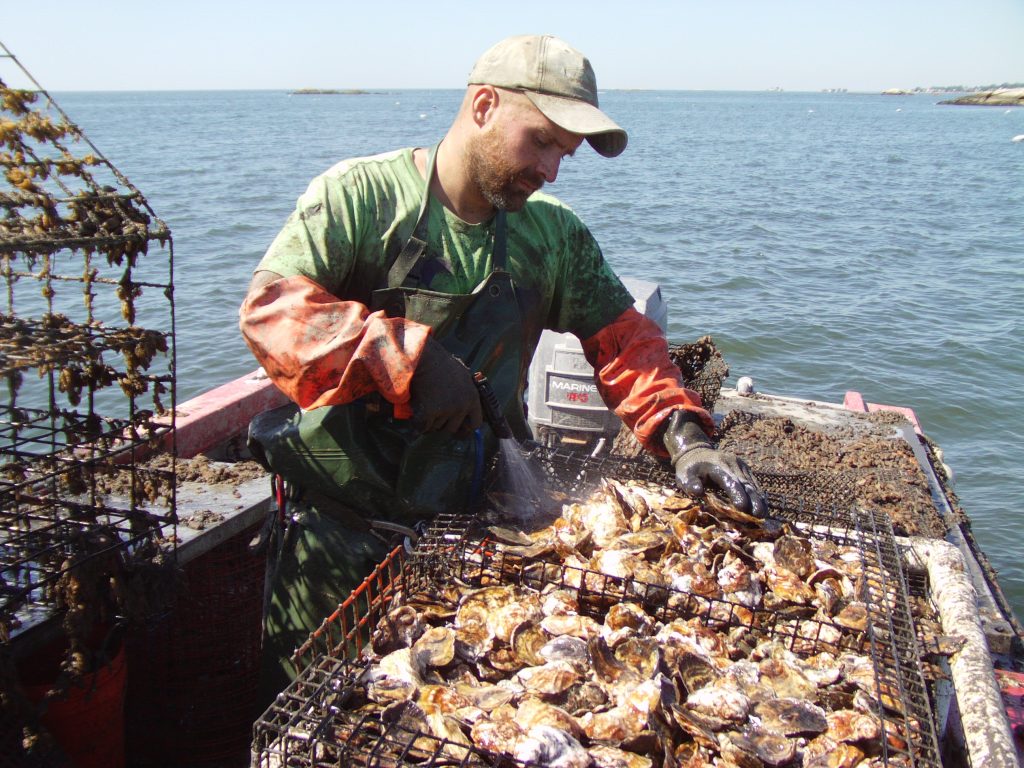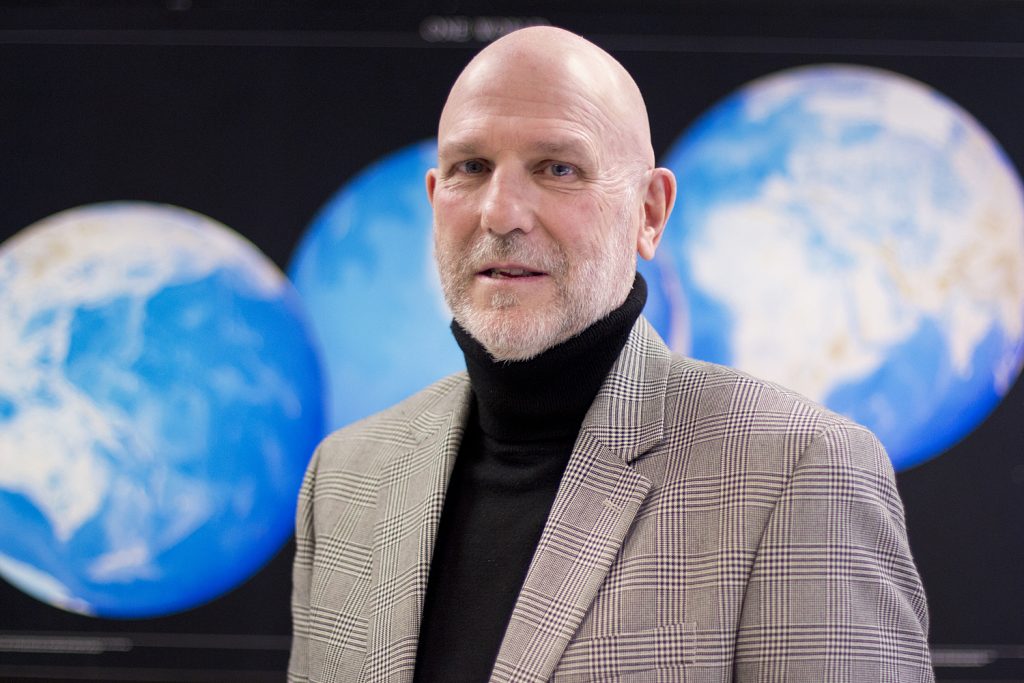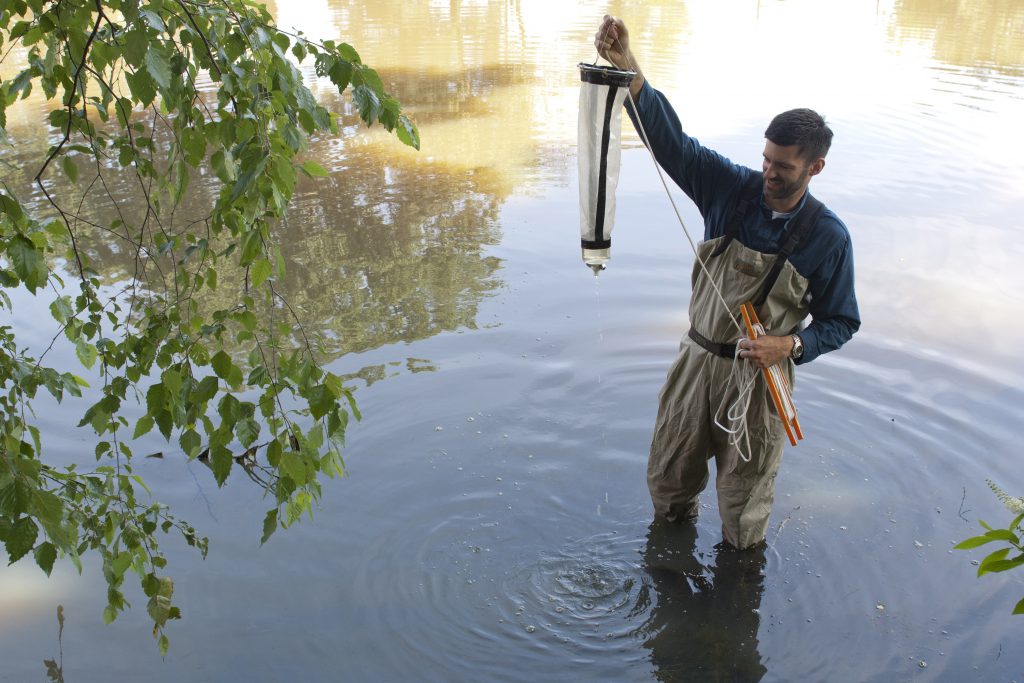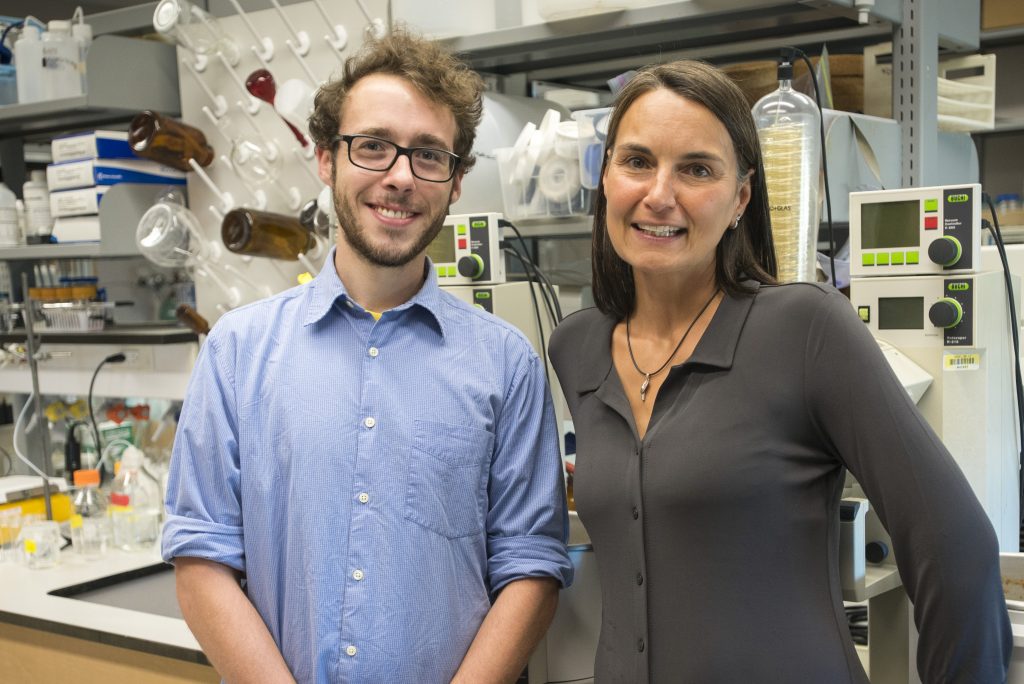Sustainability
UConn Expert on the Pipeline Protest at Standing Rock
Professor Barbara Gurr calls Sunday's ruling in the Standing Rock Sioux Tribe's battle to defend their land, their water, and their treaty rights, a "pause."
December 6, 2016 | Amanda Falcone
Black Sea Project Discovers Unseen Medieval Ship
UConn nautical archaeologist Kroum Batchvarov says seeing the medieval shipwreck for the first time was 'a truly thrilling moment.'
November 29, 2016 | Kenneth Best
Tackling the Science of Disaster
Just weeks before the Nov. 22 earthquake in Japan, UConn faculty and students from three different departments visited the country to explore the potential to create new opportunities for international research in disaster science.
November 28, 2016 | Amanda Falcone
Worth a Thousand Words: Connecticut’s Coastline Changes
From early hand drawings and aerial photos to today's drone images, a new website tells the story of changes in the Connecticut coastline over the past century.
November 15, 2016 | Elaina Hancock
Initiative Calls for Diversification of Shellfish Industry
The plan embraces the state’s shellfish as a natural resource and recreational harvesting as well as commercial shellfishing.
October 19, 2016 | Loretta Waldman
‘Goldilocks Fires’ Can Enhance Biodiversity in Western Forests
Mixed-severity fires – not too hot, not too cold, but overall just right – in the forests of California’s Sierra Nevada can increase bird biodiversity over time, a study finds.
October 4, 2016 | Christine Buckley
Study Says the Ocean’s Largest Life is Under Threat of Extinction
Human fishing poses a greater threat than climate change to future ocean life, according to UConn's Andrew Bush and co-authors, in a new study in Science.
September 15, 2016 | Loretta Waldman
How ‘Big Data’ Changed the Science of Ecology
UConn researcher Mike Willig discusses the 'ecological revolution.'
September 12, 2016 | Christine Buckley
Critical Information Needed in Fight to Save Wildlife
A UConn ecologist headed an international group of biologists calling for a global effort to improve climate change predictions for biodiversity.
September 8, 2016 | Colin Poitras
New Device Improves Measurement of Water Pollution
UConn scientists are commercializing a technology they developed to more easily measure contaminants in water.
September 7, 2016 | Jessica McBride, Office of the Vice President for Research


